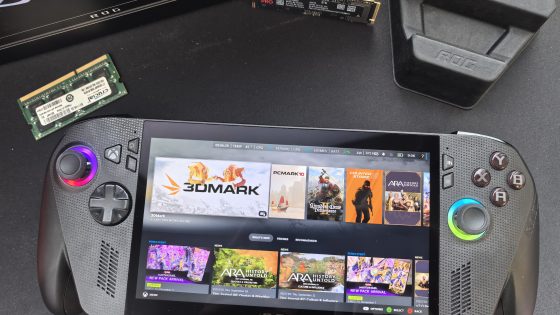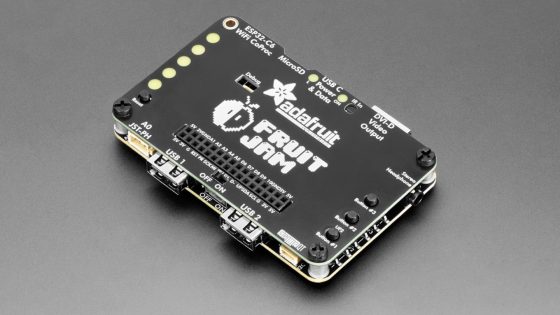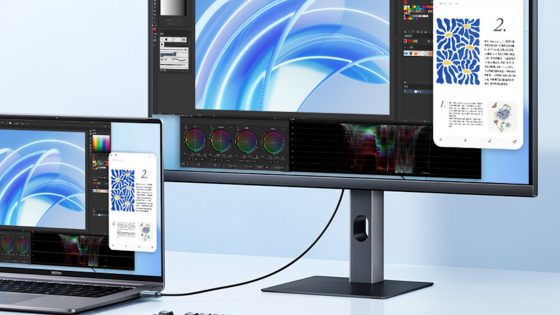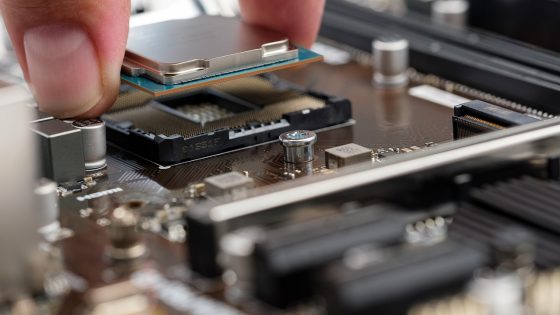China introduces its first domestic firmware standard
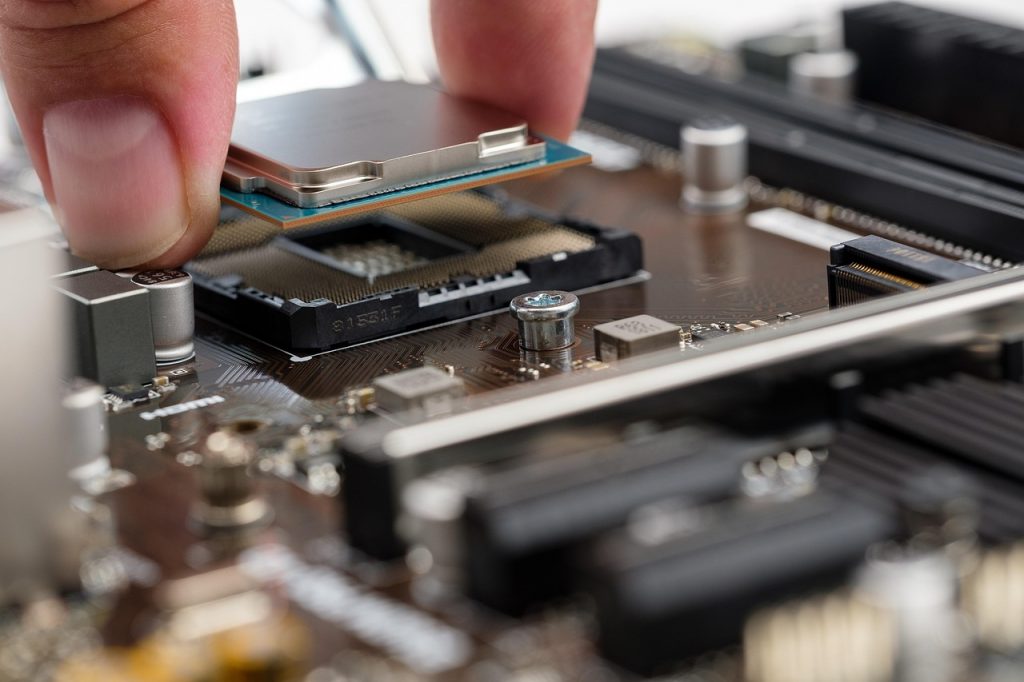
China has long sought technological independence, but now it has taken a significant step with its own firmware framework. The Global Computing Consortium (GCC) has officially unveiled a new standard, UBIOS (Unified Basic Input Output System), designed for distributed architecture and software and hardware co-design. The standard is registered under the code T/GCC 3007-2025.
Until now, China, like the rest of the world, has relied heavily on UEFI (Unified Extensible Firmware Interface), developed by Intel and Microsoft as a successor to the old BIOS. With the introduction of UBIOS, the country is gaining its first fully standardized and extensible domestic ecosystem, reducing its reliance on UEFI.
The standard was developed by 13 leading Chinese technology companies and research institutions, including China Electronics Standardization Institute, Huawei Technologies, and Nanjing BAI AO. This is significant because UEFI has dominated x86 platforms for two decades and has spread to ARM, RISC-V, and PCs. However, its code size and inefficiencies make it unsuitable for heterogeneous computing.
Unlike UEFI, which is tightly coupled to the x86 architecture and ACPI tables, UBIOS is designed from the ground up. It offers native support for heterogeneous computing, distributed architectures, unified hardware management, and full extensibility for future chip designs.
UBIOS thus represents a strategic milestone on China's path towards technological autonomy and reduced dependence on foreign standards.




